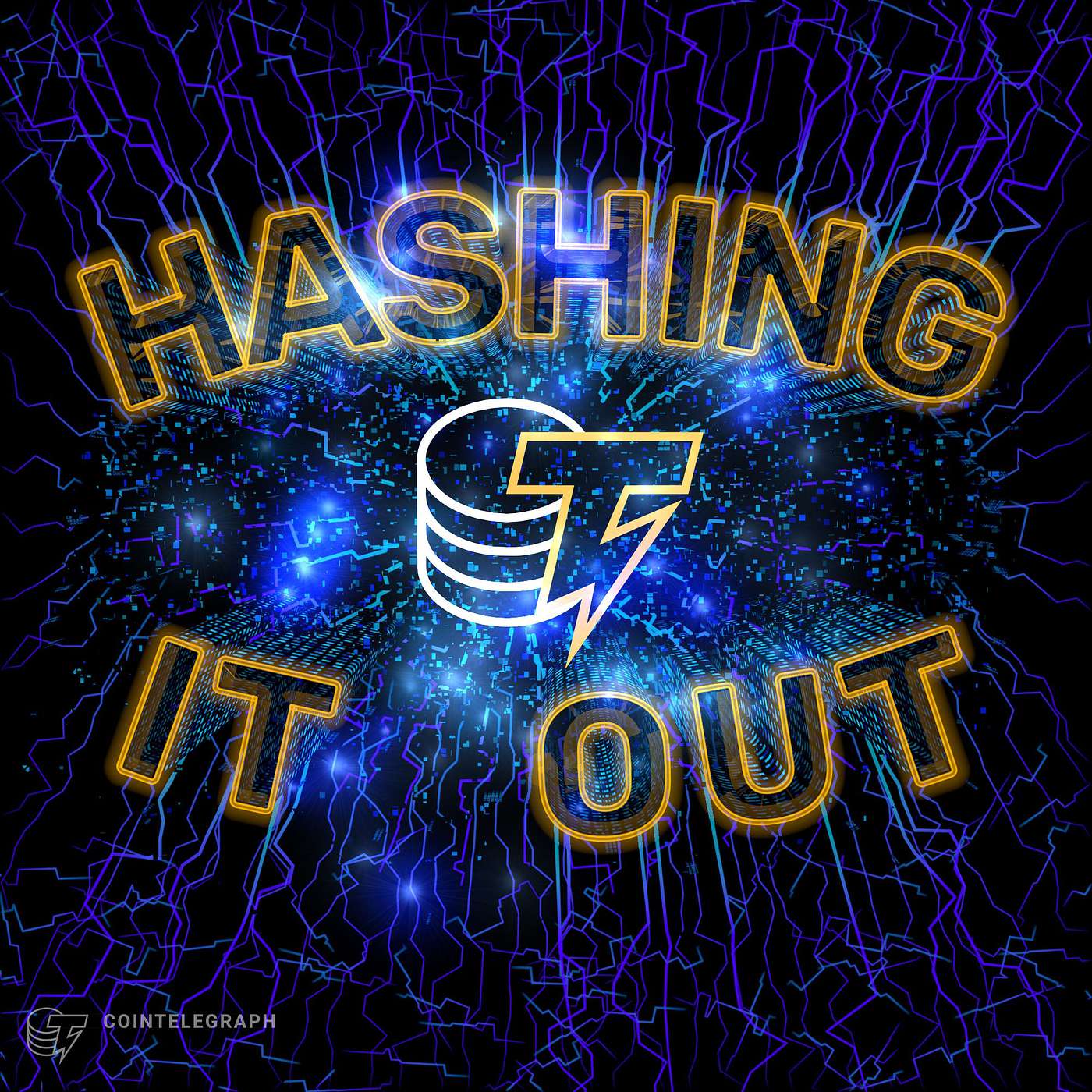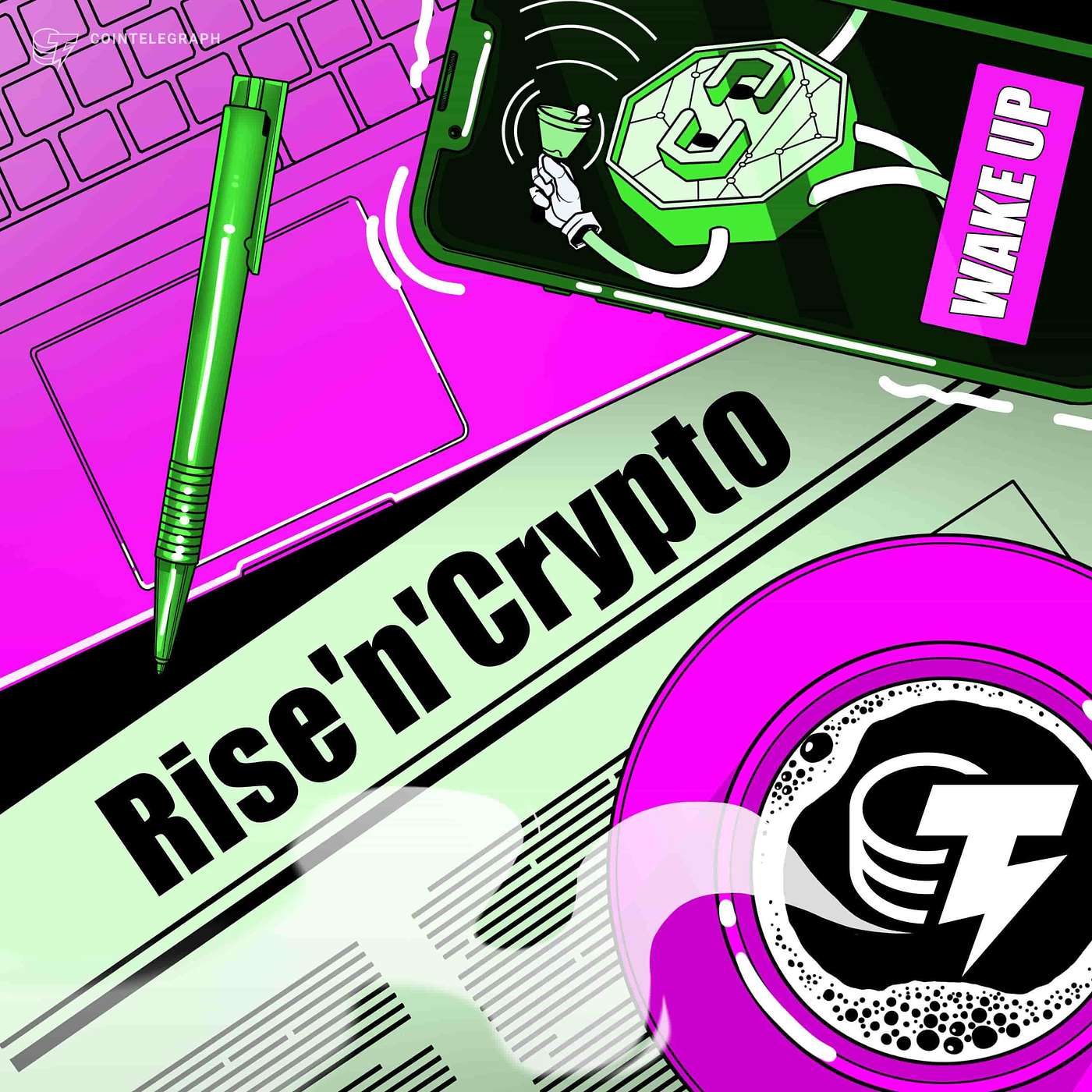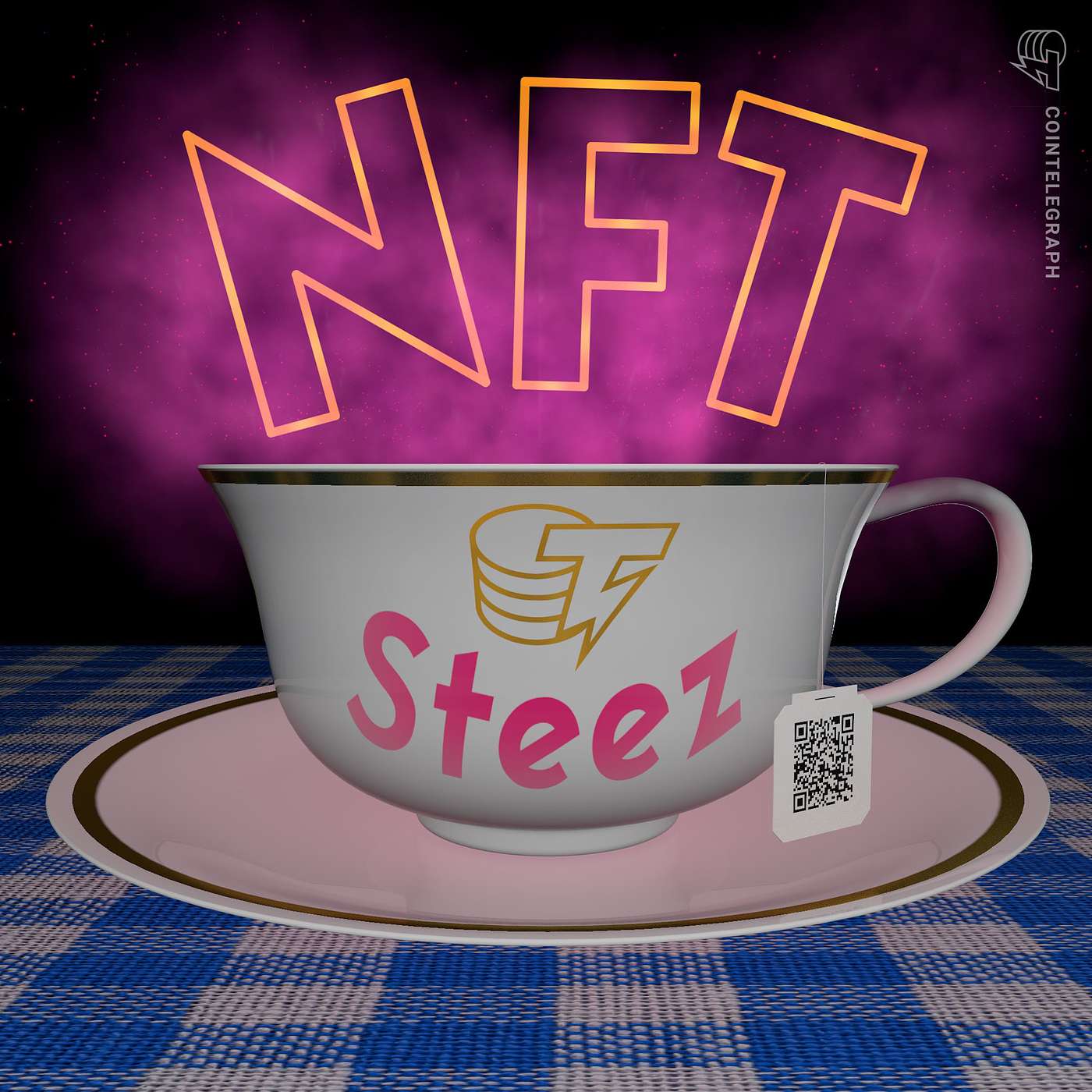This week on Decentralize with Cointelegraph, we sit down with US Senator Cynthia Lummis, one of the most vocal and informed advocates for digital assets and financial innovation on Capitol Hill. Senator Lummis discusses her unlikely entry into the crypto world, how Wyoming’s early leadership shaped federal policy and what she sees as the biggest legislative milestones from the recent “Crypto Week” in Congress.
From the passage of the GENIUS and CLARITY acts to her ongoing work on comprehensive market structure reform, Lummis explains how bipartisan cooperation is driving momentum for the first serious wave of US crypto regulation. We also explore how her RISE Act aims to prepare the US for a future shaped by AI.
If you’ve been wondering whether the US is finally getting serious about crypto, tune in to hear from one of the industry’s most important allies in Washington.
(00:57) How Senator Lummis discovered crypto and why it stuck
(02:14) From Wyoming to Washington: Local innovation, national impact
(03:57) Key wins from Congress’ landmark “Crypto Week”
(06:19) Why crypto is gaining bipartisan momentum in D.C.
(09:03) Inside the Senate’s new crypto market structure draft
(10:57) What’s next for digital asset legislation in the Senate
(12:57) Educating Congress: One-on-one crypto bootcamps
(13:46) The RISE Act: Regulating AI with liability and transparency
(16:18) Senator Lummis’ message to US crypto builders and innovators
This episode was hosted and produced by Savannah Fortis, @savannah_fortis.
Follow Cointelegraph on X @Cointelegraph.
Check out Cointelegraph at cointelegraph.com.
If you like what you heard, rate us and leave a review!
The views, thoughts and opinions expressed in this podcast are its participants’ alone and do not necessarily reflect or represent the views and opinions of Cointelegraph. This podcast (and any related content) is for entertainment purposes only and does not constitute financial advice, nor should it be taken as such. Everyone must do their own research and make their own decisions. The podcast’s participants may or may not own any of the assets mentioned.


.png)




